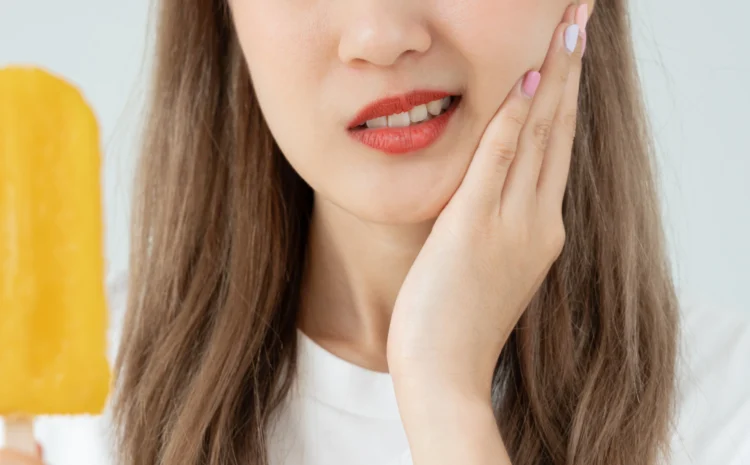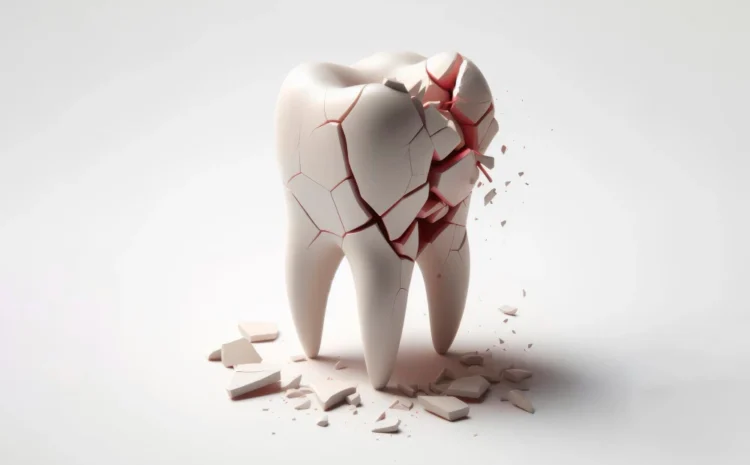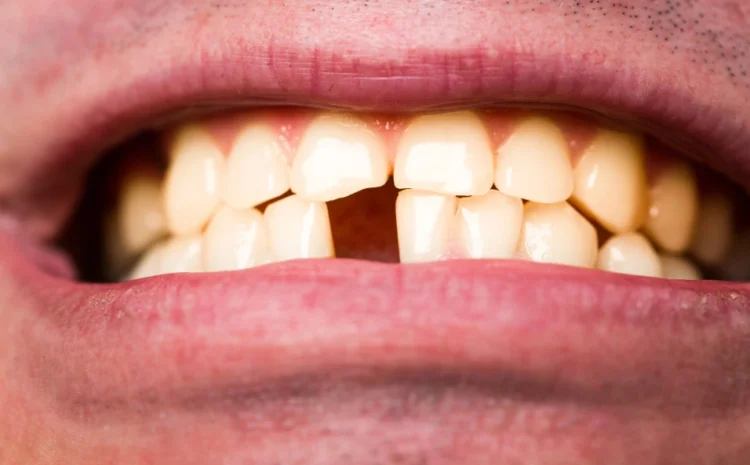
Things to Avoid After Tooth Extraction: Complete Recovery Guide
Tooth extraction is a common dental procedure performed to treat damaged, decayed, or impacted teeth. While the process itself is often quick and straightforward, the post-operative care is crucial for a smooth and painless recovery.
In this guide, we’ll explain the things to avoid after tooth extraction, the correct practices during each stage of healing, and helpful tips to reduce complications like dry socket, infection, or delayed healing.
Why Is Aftercare Important After Tooth Extraction?
After a tooth is removed, your body needs time to form a blood clot at the extraction site and initiate healing. Neglecting post-extraction instructions can disrupt this process, increasing pain and infection risk. That’s why knowing the things to avoid after tooth extraction is just as essential as the procedure itself.
What to Expect After Tooth Extraction: Recovery Timeline
Time Frame | Diet & Activities | Precautions |
First 24 Hours | Cold, soft foods only | No spitting, straws, or brushing near the site |
24–48 Hours | Warm, soft foods | No smoking or alcohol |
After 48 Hours | Gentle salt water rinses | Light brushing with finger near the site |
Up to 1 Week | Avoid exercise, yoga | Continue soft diet, no alcohol or tobacco |
Let’s now explore these stages in detail, focusing on things to avoid after tooth extraction.
First 24 Hours: Essential Care and Restrictions
1. Avoid Hot Foods and Stick to Cold, Soft Meals
Right after the extraction, your mouth is numb, and the area is tender. Eating cold, soft foods like yogurt, mashed potatoes, smoothies (without using a straw), or ice cream helps in two ways:
- Reduces swelling and bleeding
- Prevents damage to the fresh clot forming in the socket
Things to avoid after tooth extraction at this stage:
- Hot, crunchy, or spicy foods
- Chewing on the side of extraction
- Straws for drinking
Using a straw creates suction, which can dislodge the blood clot and lead to a painful condition called dry socket.
2. No Vigorous Spitting or Mouth Rinsing
Spitting forcefully or rinsing your mouth aggressively can dislodge the clot from the socket. This is one of the most important things to avoid after tooth extraction within the first day.
Instead:
- Let saliva gently dribble from your mouth
- Avoid using mouthwash
- Keep your mouth relaxed
3. Gentle Brushing Only
It’s essential to maintain oral hygiene, but brushing must be done lightly and away from the extraction site.
Things to avoid:
- Brushing the extraction site
- Using electric toothbrushes in that area
- Hard bristles
Use a soft-bristled brush and avoid the extraction side entirely.
4. Apply Ice Externally
To reduce swelling and discomfort:
- Apply an ice pack externally on your cheek in 15-minute intervals.
- Do this for the first 24 hours only.
Ice helps minimize inflammation and speeds up healing.
Next 24 Hours (Day 2): Switch to Warm, Soft Foods
Your mouth is now slightly more stable, and warm, soft foods can be introduced.
Examples:
- Soft cooked rice
- Boiled vegetables
- Warm soups (not hot)
- Khichdi
- Scrambled eggs
Still avoid:
- Crunchy foods like chips
- Sticky foods like toffee or chewing gum
- Fizzy drinks and alcohol
These things to avoid after tooth extraction continue to ensure the clot remains undisturbed and healing proceeds smoothly.
After 48 Hours: Gentle Cleaning and Rinsing
Once the initial clot is stable, you can start gently cleaning the mouth.
1. Start Salt Water Rinses
- Mix half a teaspoon of salt in a glass of lukewarm water.
- Swish gently and let it flow out—do not spit forcefully.
- Rinse 2–3 times a day, especially after meals.
This keeps the wound area clean and reduces infection risk.
2. Light Finger Brushing
You may now gently clean the area near the extraction using your finger and a soft brush. Still, avoid direct contact with the socket for a few more days.
One Week Post-Extraction: Rest and Recovery
Even if the pain and swelling have reduced, full healing takes at least 7–10 days. It’s important not to rush back into normal routines.
Avoid Vigorous Physical Activity
No exercises, no yoga, no gym — for at least one week.
These activities:
- Increase blood pressure
- Can lead to bleeding
- May disturb the healing site
Give your body a chance to heal without stress.
No Alcohol or Smoking for One Week
Smoking:
- Delays healing
- Decreases oxygen flow to the wound
- Increases the risk of dry socket
Alcohol:
- Interferes with medications (especially antibiotics or painkillers)
- Slows down healing
- Can irritate exposed tissue
Among all the things to avoid after tooth extraction, smoking and alcohol are the most critical for long-term healing success.
Summary: Key Things to Avoid After Tooth Extraction
Here’s a consolidated list of things to avoid after tooth extraction:
Avoid | Reason |
Using a straw | Prevents dry socket |
Vigorous spitting or rinsing | May dislodge clot |
Hot, crunchy, or spicy food | Irritates the wound |
Brushing near the extraction site | Disrupts healing tissue |
Physical activity (exercise/yoga) | Increases bleeding risk |
Smoking and alcohol | Slows healing and raises infection risk |
By following these simple yet vital rules, you can ensure a smooth and complication-free recovery.
Bonus Tips for a Smooth Recovery
- Take your medication as prescribed by your dentist.
- Rest well – your body heals best during sleep.
- Stay hydrated, but drink water gently without using straws.
- Contact your dentist immediately if you notice:
- Persistent bleeding
- Severe pain after 3–4 days
- Bad odor or pus from the site
- Swelling that gets worse
- Persistent bleeding
Frequently Asked Questions (FAQs)
Q1. When can I brush my teeth after a tooth extraction?
You can brush your teeth the next morning, but avoid the extraction area for 2–3 days. Use a soft-bristled toothbrush and avoid vigorous movements.
Q2. Why is using a straw bad after a tooth extraction?
Suction from a straw can dislodge the clot from the socket, leading to a painful condition called dry socket. Avoid straws for at least 7 days post-extraction.
Q3. When can I start exercising again?
You should avoid any strenuous activity including gym workouts, running, and yoga for at least 7 days. Physical activity increases blood flow and may trigger bleeding.
Q4. Is it safe to smoke after a tooth extraction?
No. Smoking is one of the most harmful things to avoid after tooth extraction. It delays healing, increases infection risk, and may cause dry socket. Avoid smoking for at least 7–10 days.
Q5. How long should I avoid alcohol after tooth extraction?
Avoid alcohol for at least one week or until your dentist allows. Alcohol interferes with healing, irritates the site, and can react with your prescribed medication.
Q6. What food is best to eat after a tooth extraction?
Start with:
- Cold, soft foods (Day 1)
- Warm, soft foods (Day 2 onward)
Examples:
- Mashed potatoes
- Yogurt
- Rice
- Soups
- Porridge
Avoid anything hard, spicy, hot, or sticky.
Final Words from Dr. Ganesh Bhandari
At our clinic, we prioritize your comfort and recovery. Every patient deserves a safe healing journey, and knowing the things to avoid after tooth extraction is the first step toward that.
Remember: even a simple extraction requires proper care. Follow the guidelines, listen to your body, and stay in touch with your dentist for the best outcomes.



